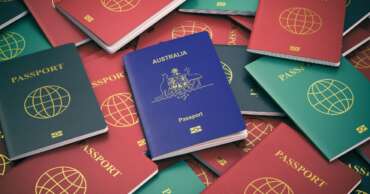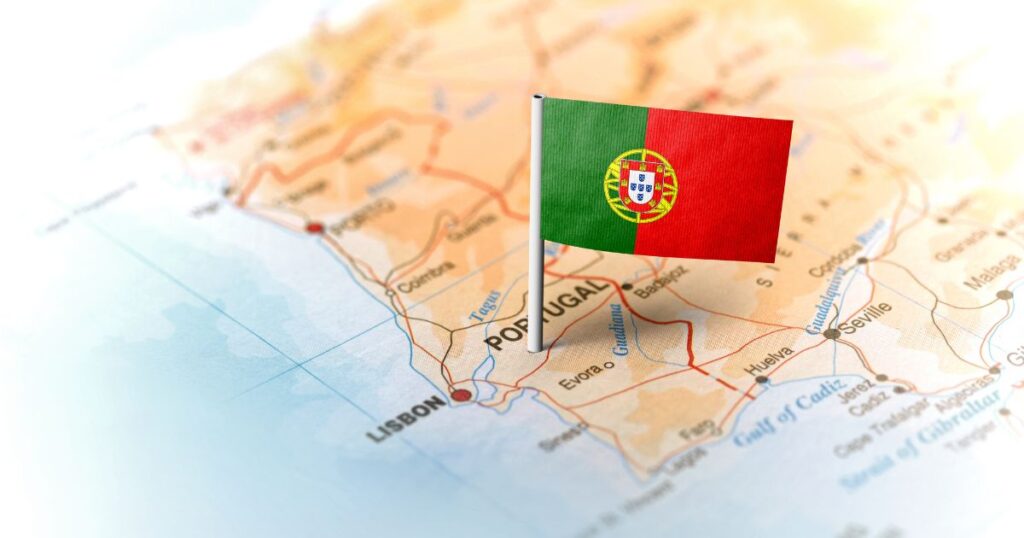The Benefits of dual citizenship outweigh the drawbacks in general. Little is told about the the complications of dual citizenship. Dual nationals are citizens of more than one country. Dual citizens are responsible for respecting laws and be loyal to more than one country. There are challenges, debates surrounding various aspects of dual citizenship.
Below are list of complications that may arise, with your dual citizen status.
- Conflicts – In times of conflict, political instability, or emergencies, dual citizens may face challenges as result of diplomatic tensions. This could potentially affect their ability to travel, work, or maintain dual citizenship. Recently we have seen Canada and India, diplomatic spat, led to month long ban on visa services.
- Acceptance – Not all countries accept dual citizenship. About 76 percent of countries adopt a more tolerant stance, while 24% of nations still disallow dual citizenship, predominantly in Asia. Some countries require “prior permission” from authorities before acquiring foreign nationality. Those illegally holding dual citizenship, if busted by authorities, you may be fined, jailed, lose your social, property or other rights associated with revoking your citizenship.
- Legal complications – Laws regarding dual citizenship vary widely between countries, leading to potential legal issues. Conflicting obligations may arise, as each country may have its own set of rules and requirements. Eg. Marriage, employment rights, social services, authentication of documents etc..
- Military service – Dual nations are obligated to serve in national service when called upon for drafting. Often this may require prior permission from other country. Compulsory national service may apply for those age above 18 years.
- Restricted Political rights – Dual citizens are restricted to exercise political rights, or work for the government (public office) or in diplomacy.
- Company Incorporation – Formation of certain types of companies may not be available for foreigners, may require a local sponsor, under Companies Act.
- Renunciation: Some countries require individuals to renounce their citizenship in one country when acquiring citizenship in another. This decision can be emotionally difficult, as it may involve cutting ties to family, cultural or ancestral heritage.
- Banking – Dual citizens when opening a bank account abroad, may be required to waive all privacy rights, disclose all citizenship and residencies held to comply with OECD CRS.
- Investments – Investment laws may be limited to dual citizens. For example they cannot invest in sectors such as fishing, oil, minerals or other sectors, which his reserved for local population.
- Double taxation – Dual citizens are required to file taxes in both countries, sometimes based on worldwide income, which is highly disadvantageous, unless there is double taxation treaty signed. This complicates for “accidental” dual nationals are individuals unaware of their previous citizenship.
- Confidentiality – Although countries, do not exchange citizens information with each other, the confidentiality of your foreign citizenship will be up in flames, when you disclose your citizenship to authorities. For example, when renewing your passport at consulates abroad, you will be asked for your proof of citizenship.
- No Consular Assistance – Limited consular assistance may be limited to some dual citizens as a result, thus a state cannot protect its citizens. A state may not afford diplomatic protection to one of its nationals against a state whose nationality such person also possesses
- Property ownership – Ownership of property may be restricted partially to non-resident dual citizens. For example ownership of agriculture land, commercial properties, military or conflict areas or only leasing rights.
- Two Passports – Dual citizens are legally allowed to travel using two passports. Using the right passport to cross borders is important to avoid confusion with border police. For Australian dual nationals should use their Australian passport when exiting or entering Australia.
- Inheritance Rights – Inheritance laws may vary between countries, and the dual citizenship status can complicate matters when it comes to estate planning and succession.
- Children – Children are allowed to hold dual nationality until 18 years. But after turning 18, they are required to decide on which nationality to keep, if one country restricts dual citizenship.
- Work / Employment – Sensitive Jobs or certain employment categories may not be available for dual nationals. For example working for secret service, police may be unavailable.





